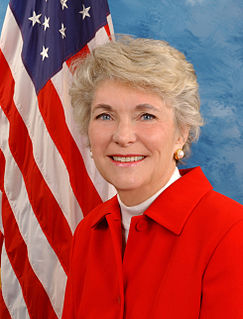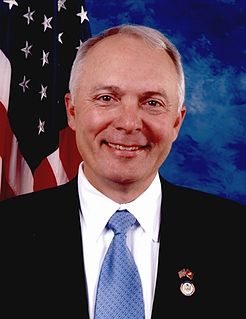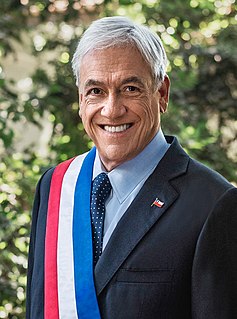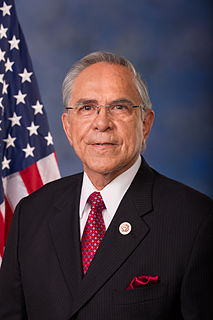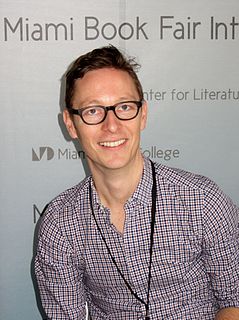A Quote by Dianne Feinstein
'No Child Left Behind' requires states and school districts to ensure that all students are learning and are reaching their highest potential. Special education students should not be left out of these accountability mechanisms.
Related Quotes
Public education for some time has been heavily focused on what curricula we believe will be helpful to students. Life-Enriching Education is based on the premise that the relationship between teachers and students, the relationships of students with one another, and the relationships of students to what they are learning are equally important in preparing students for the future.
Elementary and high school students will still be tested under the new law. There just won't be so much riding on the scores. Also the arts didn't disappear under the old law, No Child Left Behind. But, Christopher Woodside of the National Association for Music Education says with so much time spent testing math and reading, the arts suffered.
Learning should be engaging. Testing should not be the be all and end all. All students should have a broad curriculum that includes the arts and enrichment. Students should have opportunities to work in teams and engage in project-based learning. And student and family well-being should be front and center.
In my mind, the purpose of education is to enable human beings to develop to their full potential, intellectually and spiritually. That means that students have to be empowered to pursue self-knowledge and the skills that will help them be of service to their fellow human beings. Education should encourage people to develop their curiosity about life; above all, it should not trivialize either the students or their lives.
Zip codes might be great for sorting mail, but they should not determine the quality of a child s education or success in the future workforce," said Bob Wise, president of the Alliance for Excellent Education and former governor of West Virginia. "With common standards and assessments, students, parents, and teachers will have a clear, consistent understanding of the skills necessary for students to succeed after high school and compete with peers across the state line and across the ocean.

